Bitcoin has evolved beyond a niche digital currency — it’s now a fundamental part of the global financial landscape. Whether you view it as an investment, a hedge against inflation, or the future of money, Bitcoin offers opportunities that traditional finance simply cannot match. However, understanding Bitcoin conceptually is one thing — actually owning and using it is another. The moment you buy your first Bitcoin, you step into a new realm where financial independence, digital security, and market dynamics come together in real time.
For those in Dubai, the city’s progressive stance on blockchain technology and cryptocurrency makes it one of the best places to buy Bitcoin securely and efficiently. Whether you’re a first-time buyer or transitioning from casual interest to active investment, this guide will walk you through every step of the process.
If you’re ready to take control of your digital assets, here’s everything you need to know to buy your first Bitcoin in Dubai in 2025.
Get a Bitcoin Wallet
Before you buy Bitcoin, you need a secure place to store it. A Bitcoin wallet is a digital tool that holds your private keys and generates your unique Bitcoin address, which is used to send and receive funds. The right wallet depends on your needs, whether you’re making small transactions or storing Bitcoin as a long-term investment.
Types of Bitcoin Wallets
1. Software Wallets (Hot Wallets)
These are digital wallets that run on your computer or mobile device. They’re user-friendly and great for quick transactions but remain online, making them more vulnerable to cyber threats.
Pros:
- Easy to set up and use
- Convenient for frequent transactions
- Often free to download
Cons:
- More susceptible to hacking and malware
- Relies on internet connectivity
2. Hardware Wallets (Cold Wallets)
These physical devices store your private keys offline, offering the highest level of security. They’re best for those holding large amounts of Bitcoin or making long-term investments.
Pros:
- Immune to online hacking attempts
- Secure storage for large investments
- PIN protection and backup options
Cons:
- Costs money (typically $50-$200)
- Less convenient for frequent transactions
3. Paper Wallets (Ultra-Cold Storage)
A paper wallet is simply a printout of your Bitcoin private key and public address. Since it’s completely offline, it’s immune to hacks but requires careful handling.
Pros:
- No risk of online theft
- Free to generate
Cons:
- Can be lost or damaged easily
- Not practical for everyday use
How to Create a Paper Wallet:
- Use a trusted paper wallet generator (e.g., bitaddress.org) offline.
- Print the generated keys on a secure, non-digital printer.
- Store the paper in a safe place, such as a fireproof safe or a safety deposit box.
Which Wallet Should You Choose?
- For daily transactions? A software wallet is your best bet.
- For long-term storage? A hardware wallet provides the best security.
- For maximum privacy and offline storage? A paper wallet, but only if handled properly.
Regardless of the wallet type you choose, always back up your private keys and never share them with anyone. Losing access to your wallet means losing access to your Bitcoin — permanently.
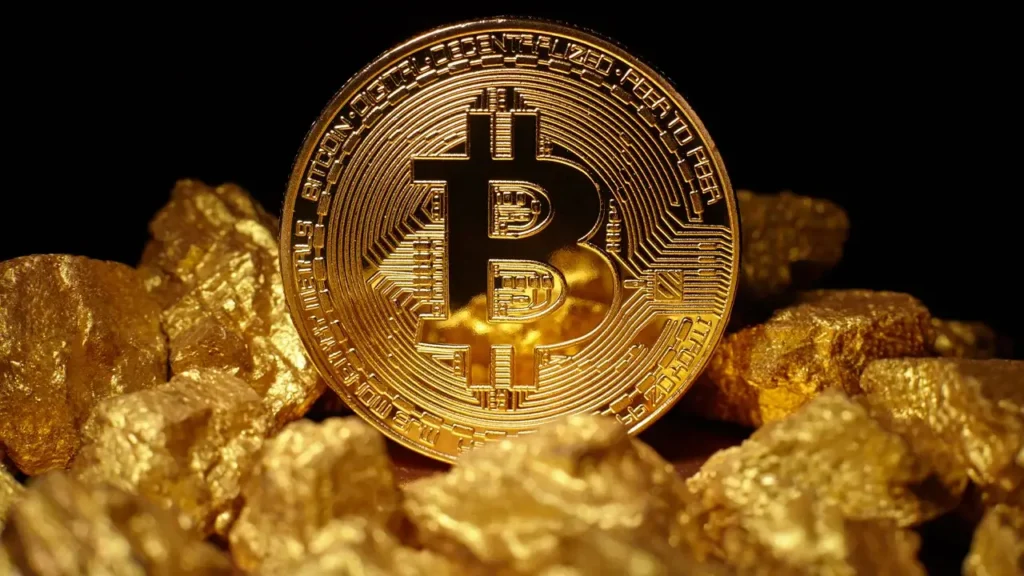
Choosing the right wallet:
Selecting the right Bitcoin wallet depends on how you plan to use it. If you’re making frequent transactions or holding a small amount, a software wallet is a practical choice. If security is your top concern and you’re storing a significant amount of Bitcoin, a hardware or paper wallet is the way to go.
Factors to Consider When Choosing a Wallet
1. Security
- Software wallets are convenient but more vulnerable to hacks and phishing attacks.
- Hardware wallets keep your Bitcoin offline, making them nearly impossible to hack.
- Paper wallets eliminate digital threats but can be lost, stolen, or damaged.
2. Ease of Use
- Beginners should opt for user-friendly software wallets with intuitive interfaces.
- Experienced users may prefer hardware wallets for long-term storage or multi-signature wallets for extra security.
3. Compatibility
- Some wallets work only on specific operating systems or devices.
- Always check if a wallet supports your preferred cryptocurrencies.
4. Backup & Recovery
- All wallets generate a recovery phrase (usually 12-24 words). Store this securely because losing it means losing access to your funds.
Top Bitcoin Wallets in 2025
Software Wallets (Best for Everyday Use)
- Coinbase Wallet – User-friendly, supports multiple cryptocurrencies, and integrates with Coinbase Exchange.
- Atomic Wallet – Decentralized, supports over 500 cryptos, and offers a built-in exchange.
- Exodus – Visually appealing, easy to use, and allows in-app exchanges.
- MetaMask – Primarily for Ethereum but supports Bitcoin via wrapped tokens.
Hardware Wallets (Best for Security & Long-Term Storage)
- Trezor Model T – Top-tier security, touchscreen interface, and offline storage.
- Ledger Nano X – Bluetooth-enabled, supports a wide range of cryptocurrencies, and provides robust security.
Paper Wallets (Best for Maximum Privacy)
- Custom Paper Wallet – Generated offline and printed for cold storage.
Tip: No matter which wallet you choose, always back up your wallet and store recovery phrases securely. If you lose access, there’s no way to recover your Bitcoin.
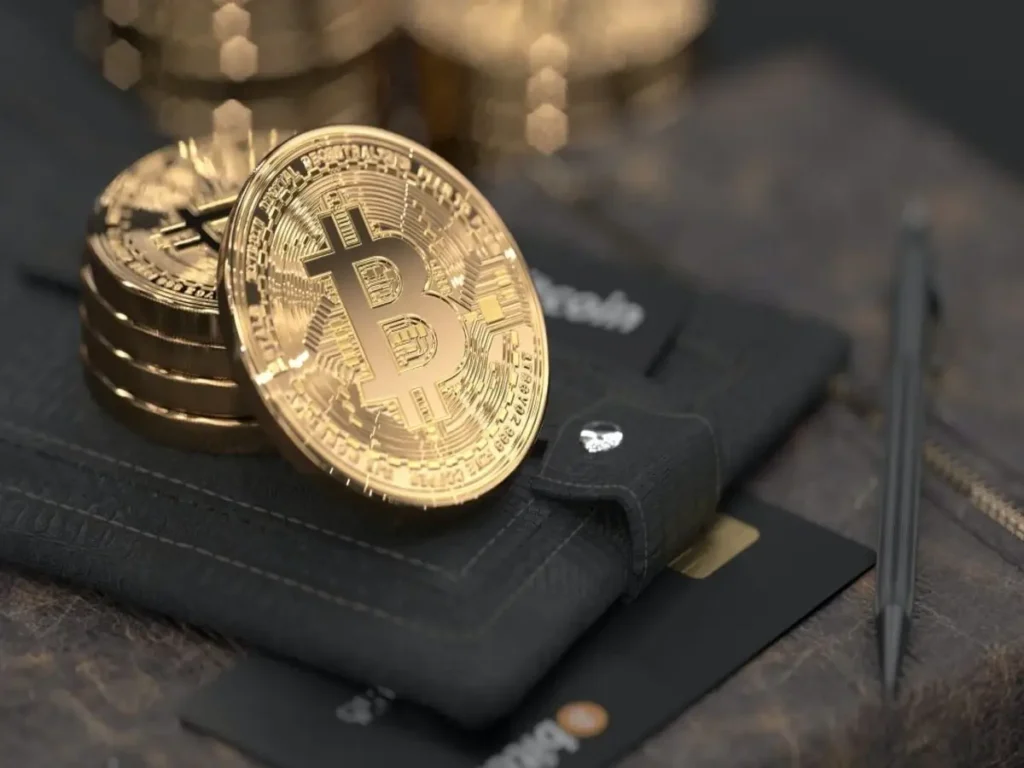
Decide How Much to Invest
Bitcoin’s price can be unpredictable, making responsible investing essential. Unlike traditional assets, it experiences rapid price swings, meaning you should approach it with a clear plan. Here’s how to determine the right amount to invest:
1. Never Invest More Than You Can Afford to Lose
- Bitcoin’s price can surge or drop by double-digit percentages in a single day.
- Only invest disposable income that won’t impact your financial stability if lost.
- Avoid going into debt or using emergency savings to buy Bitcoin.
2. Allocate a Small Percentage of Your Portfolio
- Many financial advisors suggest capping crypto investments at 5% of your total wealth.
- For risk-averse investors, an even smaller allocation (1-2%) may be ideal.
- Those with high risk tolerance might go beyond 5%, but diversification is key.
3. Define Your Financial Goals
- Long-Term Holding (HODLing) – If you believe in Bitcoin’s future potential, you might invest and hold for years.
- Short-Term Trading – If you aim for quicker profits, you’ll need a more active approach, possibly investing smaller amounts to manage risks.
- Portfolio Balance – Consider how Bitcoin fits into your broader investment strategy, alongside stocks, bonds, and real estate.
4. Take Advantage of Fractional Investing
- You don’t need to buy a full Bitcoin; you can purchase as little as 0.00000001 BTC (a Satoshi).
- This allows beginners to start with a small amount and gradually increase their investment over time.
- Dollar-cost averaging (DCA) is a common strategy where you buy Bitcoin in fixed amounts over time, reducing the impact of volatility.
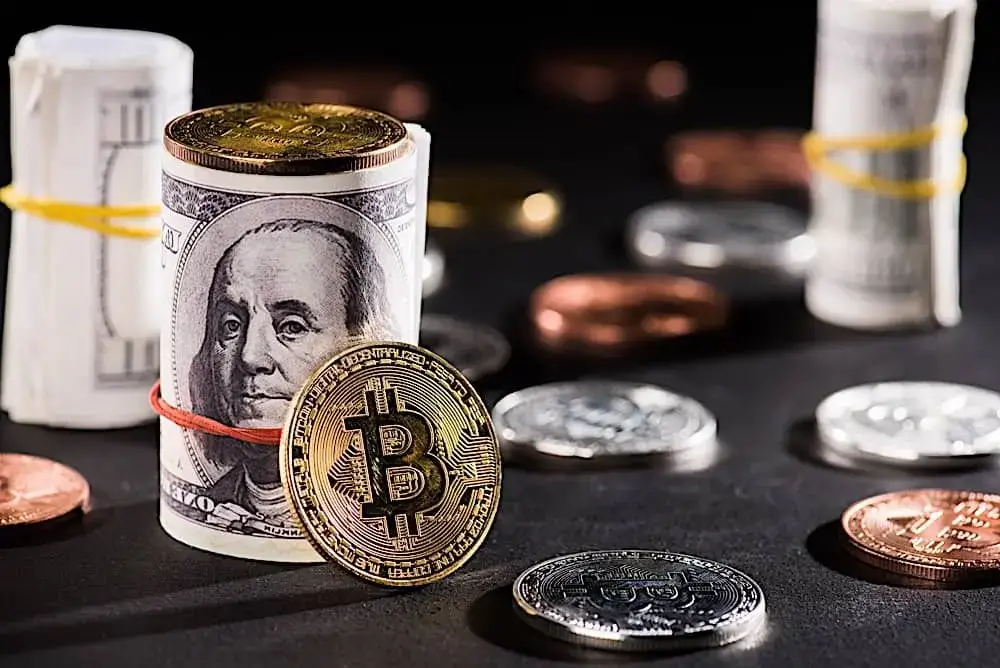
Choose a Crypto Exchange
The exchange you choose impacts your fees, security, and overall experience. With so many options available, it’s important to pick a platform that aligns with your needs. Here’s what to consider before signing up:
Key Factors to Consider
1. Regulation & Legality
- Ensure the exchange is licensed and compliant with regulations in your country.
- In Dubai, look for platforms registered with the Dubai Virtual Asset Regulatory Authority (VARA).
- Avoid unregulated platforms, as they pose higher risks of fraud and shutdowns.
2. Payment Methods
- Different exchanges support different payment options, including:
- Bank Transfers – Typically lower fees but slower processing times.
- Credit/Debit Cards – Fast and convenient but often comes with higher fees.
- Cash Transactions – Some platforms allow direct purchases at crypto shops.
- P2P (Peer-to-Peer) Trading – Direct transactions with other users, sometimes offering better rates.
3. Transaction Fees
- Fees vary depending on the exchange and payment method.
- Key fees to check:
- Deposit Fees – Some exchanges charge for funding your account.
- Trading Fees – Charged per transaction, usually between 0.1% to 1%.
- Withdrawal Fees – Some exchanges offer free withdrawals, while others charge high rates.
- Read the full fee structure to avoid hidden costs.
4. Exchange Rates
- Not all exchanges offer the same Bitcoin price.
- Some advertise low trading fees but mark up the exchange rate to make up for it.
- Always compare rates across multiple platforms before making a purchase.
5. Reputation & Customer Support
- Research user reviews to check for:
- Reliability – Are withdrawals processed on time?
- Security – Has the exchange ever been hacked?
- Customer Support – Are they responsive to issues and disputes?
- Platforms with poor customer service can be frustrating, especially for beginners.
Recommended Exchange for Dubai
SCID Crypto Shop – A highly rated local exchange with key advantages:
- High Transaction Limits – Suitable for serious investors looking to buy in large amounts.
- Low Fees – More cost-effective compared to many international alternatives.
- Strong Reputation – Well-reviewed on Google for its transparency and customer service.
- Convenient In-Person Service – Allows you to buy Bitcoin directly with cash or bank transfer.
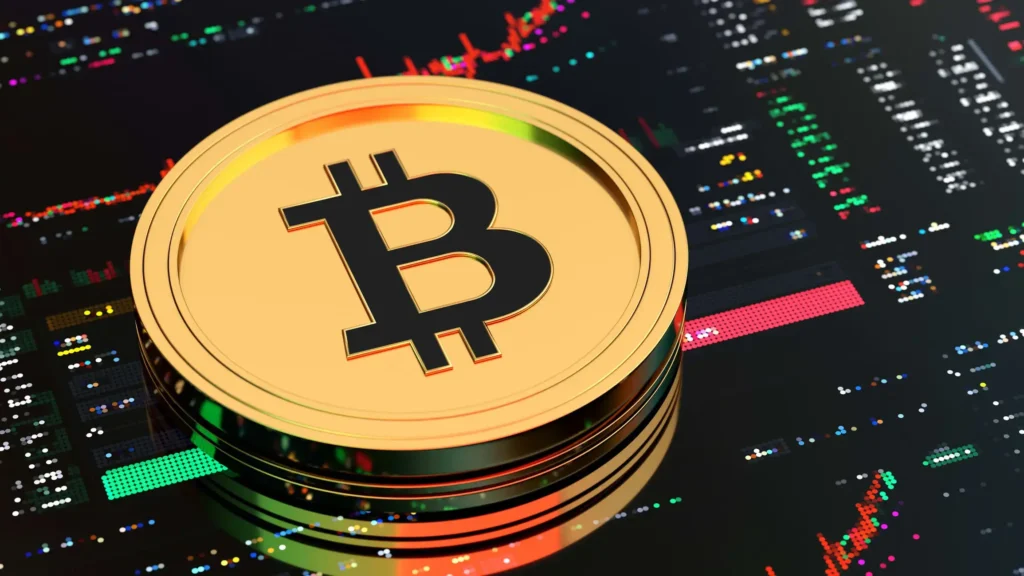
Execute the Trade
Most exchanges require identity verification (KYC) for security and regulatory compliance. Be prepared to submit:
- A copy of your passport or Emirates ID.
- Proof of residence (utility bill, bank statement, etc.).
Once verified, you can fund your account and start buying Bitcoin.
Transfer Your Bitcoin to Your Wallet
Once you buy Bitcoin, the next step is to move all your funds from the exchange to your personal wallet. You see, it might be super convenient to hold your Bitcoin on an exchange, but it isn’t really yours. You are just holding it on their exchange. And this kind of ownership comes with associated risks that could be huge.
For instance, exchanges are a target for hackers, and several times that has led to hundreds of thousands of Bitcoin being stolen. The Mt. Gox case in 2014 is one in which about 850,000 Bitcoins were lost, thereby leaving users with devastating financial losses. If your Bitcoin is on an exchange, you are at the same risk.
These exchanges may also face technical issues or simply go bankrupt, causing you to lose money. When you store your Bitcoin on an exchange, most of your faith lies in their security and management policies. By moving your Bitcoin to a personal wallet, you become the person entirely responsible for your funds.

It also serves to increase your privacy. Exchanges require personal information to be provided, which may be a security issue. By keeping it in a personal wallet, one can maintain a greater level of anonymity and reduce the risk of your information being exposed.
Having your Bitcoin in a personal wallet gives you greater flexibility. You can send, receive, use your Bitcoin the way you want, apart from restrictions and fees involved while withdrawing from an exchange. It’s easy: once you have bought it, just go to the exchange’s withdrawal section, enter your personal wallet address, and define the amount of money you want to transfer. Be careful about the address—make sure you copy the right one because cryptocurrency transactions cannot be reversed.
That’s why transferring your Bitcoin to a personal wallet is an important step in securing an investment. It will provide you with full control, enhance safety, and give you the fulfillment of knowing your assets are actually yours.
That’s all for today’s bitcoin blog. You’re now empowered to buy your very first Bitcoin. If you ever need any help, refer to the resource in the blog section of the website, or just shoot us an email.

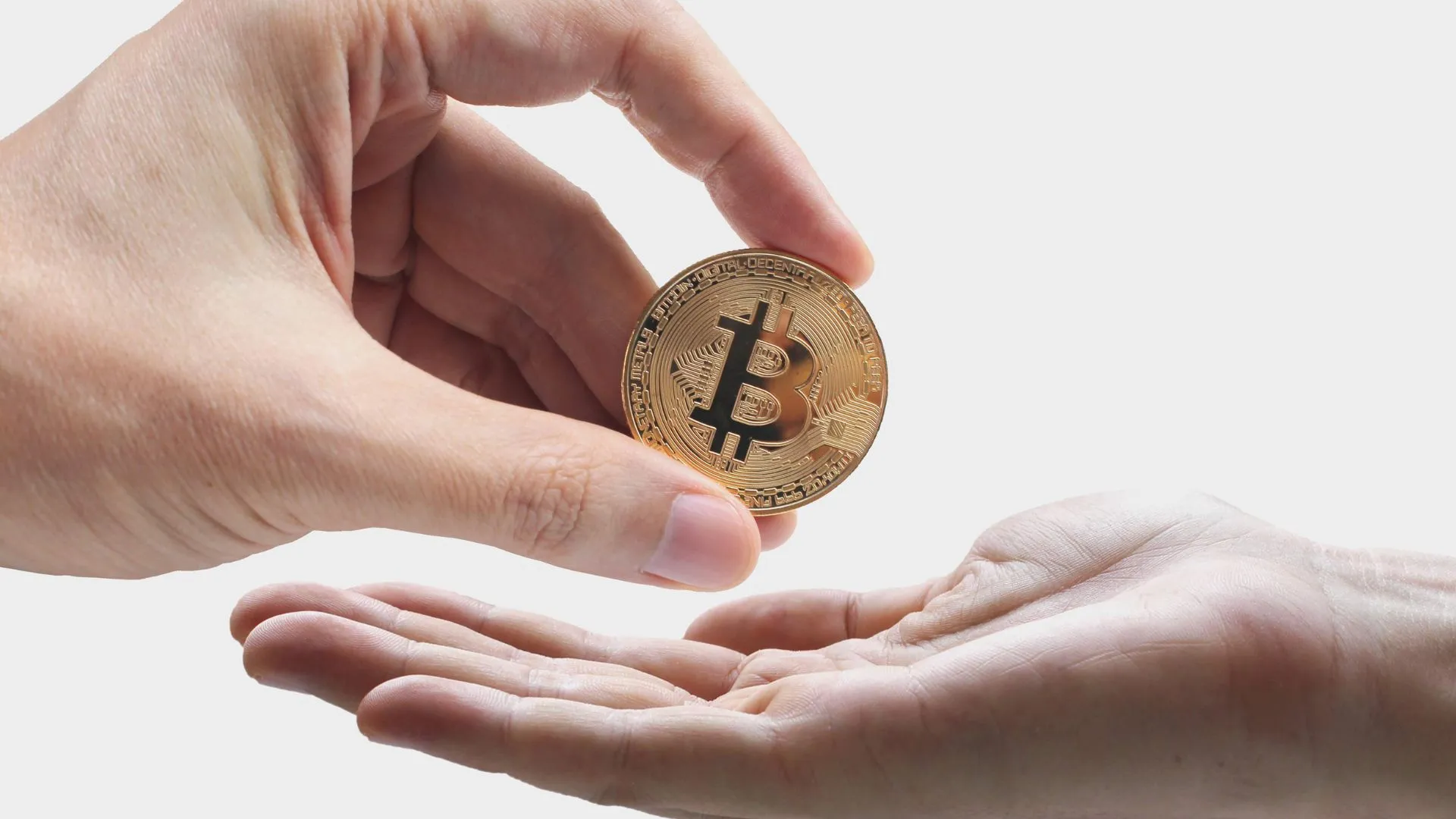
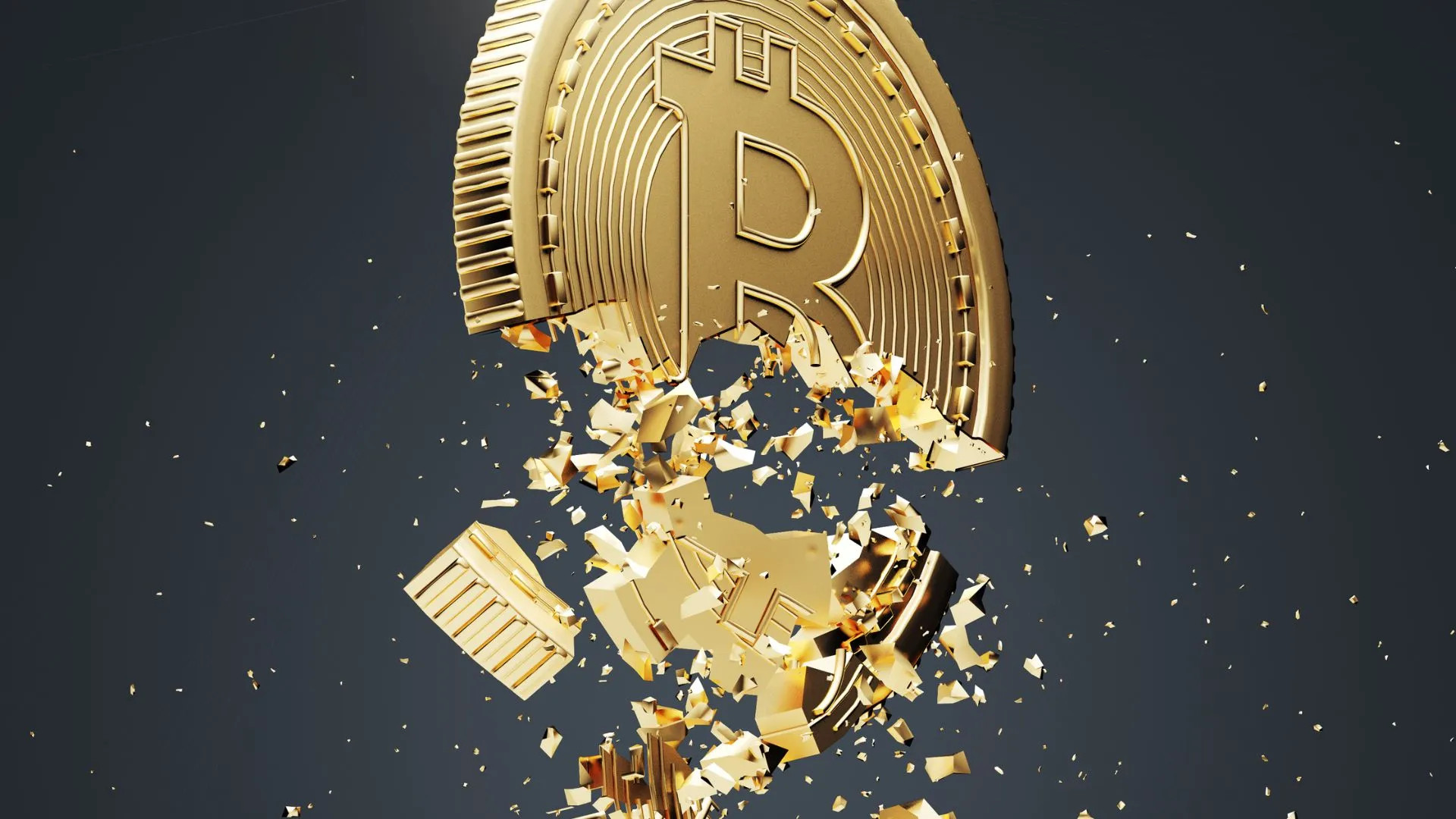
Recent Comments